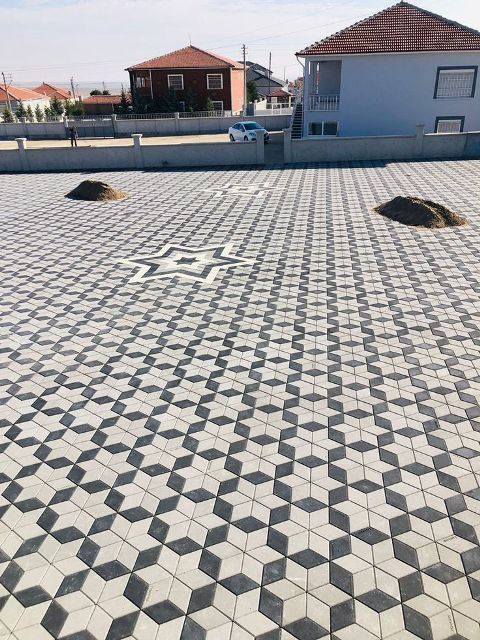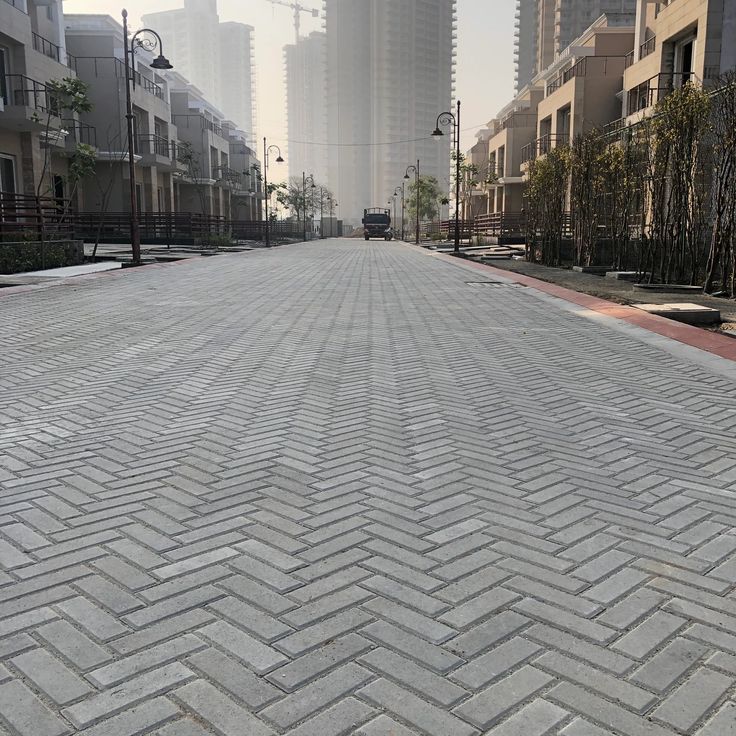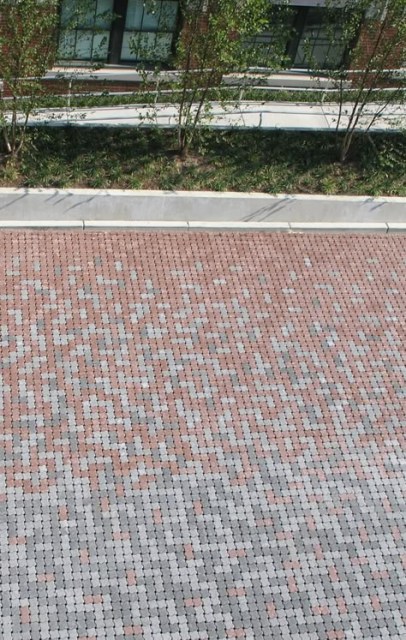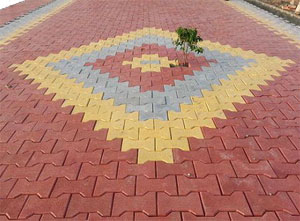PAVING BLOCKS
Paver blocks, also known as paving stones or concrete pavers, are versatile, durable, and commonly used for outdoor paving projects. They're an excellent choice for paths, driveways, patios, and garden walkways due to their aesthetic appeal and functionality. Here’s a breakdown of what paver blocks are and why they’re ideal for outdoor use:
1. Material:
Paver blocks are typically made from:
-
Concrete: The most common type of paver block, known for its durability, low cost, and variety of design options. Concrete pavers are often mixed with pigments to achieve different colors and textures.
-
Clay/Brick: Clay pavers are more traditional and have a rustic appeal. They are fired in a kiln, which gives them a warm, earthy appearance.
-
Natural Stone: These pavers, made from stones like granite, limestone, or sandstone, are more premium and provide a natural look. They’re extremely durable but tend to be pricier.
2. Shapes & Sizes:
Paver blocks come in various shapes, sizes, and textures. Some popular shapes include:
-
Square/Rectangular: Simple and classic; they can be laid in various patterns like herringbone, basket weave, or running bond.
-
Circular: Often used for decorative accents or circular patterns in a paving design.
-
Interlocking: These pavers are designed to fit together tightly, creating a smooth, continuous surface. This design also enhances the structural stability of the pavement.
3. Durability:
Paver blocks are highly durable and weather-resistant, making them suitable for outdoor use. They can withstand:
-
Heavy traffic: They are ideal for driveways, parking areas, and paths where vehicles or pedestrians will frequently pass.
-
Temperature fluctuations: Paver blocks are less prone to cracking or breaking due to extreme heat or cold.
-
Water resistance: Their interlocking nature allows for efficient water drainage, reducing the risk of pooling or erosion. This is especially important for areas with heavy rainfall or snow.
4. Maintenance:
-
Low maintenance: Pavers require minimal maintenance. They can be cleaned with a pressure washer or simply scrubbed with soap and water. Any damaged or stained blocks can be easily replaced without needing to redo the entire surface.
-
Flexible joints: The joints between pavers, usually filled with sand, allow for slight shifting and expansion, which reduces cracking compared to solid concrete surfaces.
5. Aesthetic Appeal:
-
Paver blocks come in a wide range of colors, textures, and patterns, making it easy to design a space that fits your desired aesthetic.
-
They can be arranged in creative patterns like basket weave, herringbone, or even custom designs, giving your outdoor space a unique look.
-
The different materials available (such as natural stone or clay) provide various finishes that can complement landscaping themes, from rustic to modern.
6. Installation:
-
DIY-Friendly: While professional installation can ensure a perfect result, paving stones can also be installed by homeowners who enjoy DIY projects. It involves preparing the base, laying the pavers, and filling the joints with sand.
-
Efficient Drainage: The gaps between pavers allow water to drain through the surface, reducing the likelihood of puddling and erosion.
-
No Need for Cement: Unlike traditional concrete slabs, pavers don’t require cement or adhesives to stay in place, as the interlocking design and gravity keep them secure.
7. Eco-friendly:
-
Paver blocks are considered an eco-friendly option for outdoor paving because they allow for water to permeate through the gaps and re-enter the groundwater. This helps prevent stormwater runoff and promotes natural drainage.
Popular Applications:
-
Driveways: Durable enough to support vehicles without cracking.
-
Patios and Walkways: Create beautiful and functional outdoor spaces.
-
Garden Paths: Give a charming, structured feel to garden pathways.
-
Pool Areas: Slip-resistant, making them a good option for poolside areas.
Overall, paver blocks are a great investment for anyone looking to enhance their outdoor spaces with a durable, attractive, and functional solution.




.jpg)

